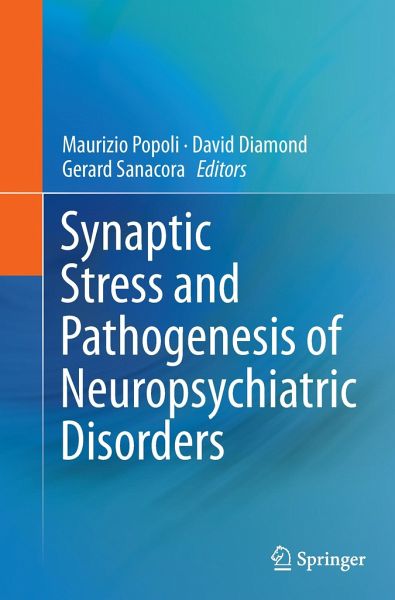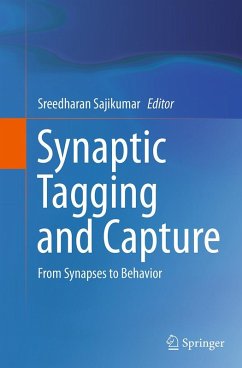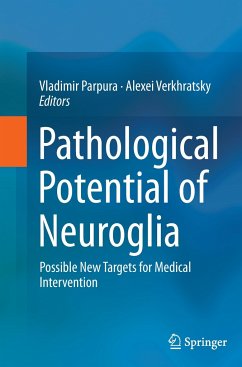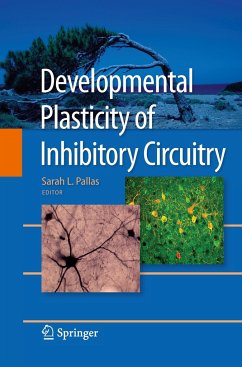
Synaptic Stress and Pathogenesis of Neuropsychiatric Disorders
Versandkostenfrei!
Versandfertig in 6-10 Tagen
113,99 €
inkl. MwSt.

PAYBACK Punkte
57 °P sammeln!
Recent studies show that changes in Glutamate/GABA synapses and related pathways may determine whether the synaptic plasticity that occurs as a response to stress is adaptive or maladaptive. Findings have shed new light on the mechanisms that determine the effects of stress on cognitive and affective function. Researchers have brought a wide range of techniques to bear on the study of this problem, including cutting-edge live imaging techniques, electrophysiology, glutamate release from isolated live synaptic terminals, development of transgenic and animal models and new behavioral methods. Th...
Recent studies show that changes in Glutamate/GABA synapses and related pathways may determine whether the synaptic plasticity that occurs as a response to stress is adaptive or maladaptive. Findings have shed new light on the mechanisms that determine the effects of stress on cognitive and affective function. Researchers have brought a wide range of techniques to bear on the study of this problem, including cutting-edge live imaging techniques, electrophysiology, glutamate release from isolated live synaptic terminals, development of transgenic and animal models and new behavioral methods. This book provides an overview of these recent findings and of the techniques used as well as a discussion of how the molecular, cellular, and functional effects of stress may trigger or precipitate neuropsychiatric disorders such as depression, schizophrenia, anxiety and PTSD.












